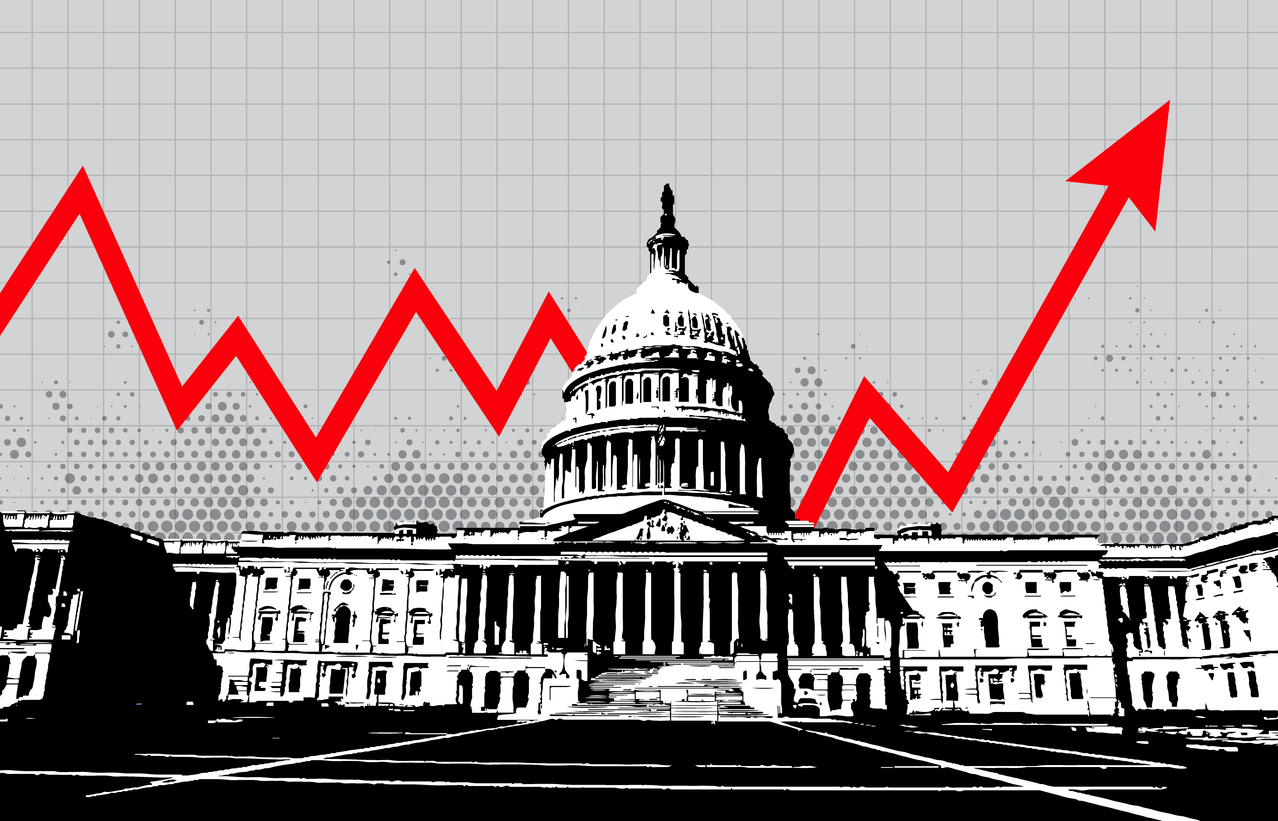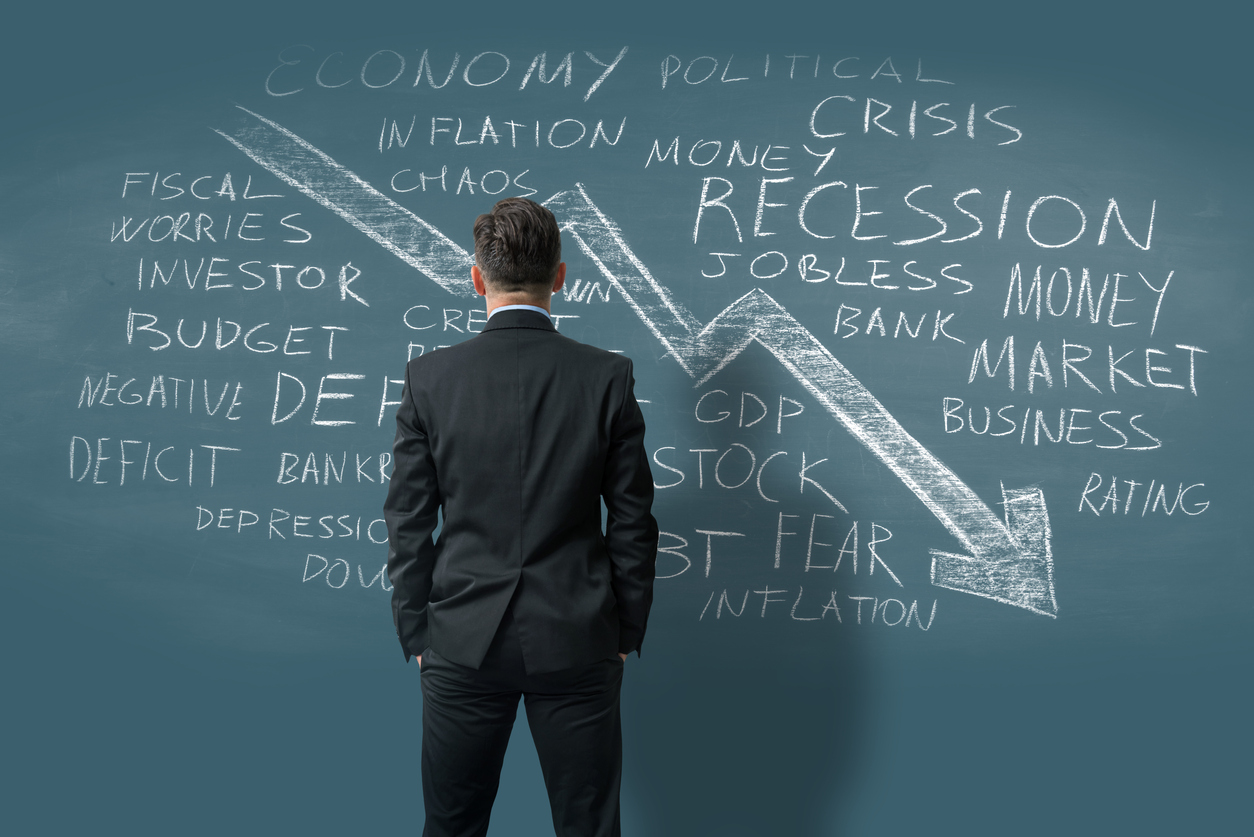
What Really Drives the Stock Market: Understanding Beyond Presidential Elections
The stock market is often perceived as a barometer of a country’s economic health and political stability. While presidential elections can cause short-term volatility, they are not the main drivers of stock market performance. Instead, a combination of economic fundamentals, corporate earnings, and global events play more significant roles in shaping market trends. This article explores these factors and demystifies the impact of presidential elections on the stock market.
Economic Fundamentals
The backbone of stock market movement lies in economic fundamentals. These include indicators like GDP growth rates, unemployment figures, inflation, and interest rates. Strong GDP growth often translates to higher corporate profits, boosting investor confidence and driving stock prices up. Conversely, high unemployment or inflation can lead to economic uncertainty, prompting declines in market indices.
Interest rates, set by central banks, are particularly influential. Lower interest rates reduce the cost of borrowing, encouraging spending and investment, which typically boosts stock prices. On the other hand, higher rates can slow down economic growth, leading to lower stock prices. The anticipation of changes in these rates can cause significant market fluctuations.
Corporate Earnings
Ultimately, a company’s performance is reflected in its earnings. The stock market tends to react positively to companies that report rising profits and robust future outlooks. Each earnings season provides investors with insights into the health of various sectors and the economy as a whole. Strong earnings reports can propel the market higher, while disappointments can trigger sell-offs.
Global Events
Global events such as geopolitical tensions, trade wars, and pandemics can drastically affect the stock market. For instance, the onset of COVID-19 led to massive sell-offs due to uncertainty and fear of economic downturns. Markets also react to international trade policies, as seen during the U.S.-China trade war, where the imposition of tariffs impacted global supply chains and affected international and domestic stock markets.
The Limited Impact of Presidential Elections
While presidential elections can influence the stock market, their impact is generally short-lived and less significant in the broader context of market drivers. Elections can lead to temporary uncertainty, as investors speculate about changes in government policies that could affect the business environment. However, historical data suggests that the long-term direction of the market is largely determined by the underlying economic fundamentals, not by who resides in the White House. For reference, during President Trump’s first term as president the Dow Jones, S&P500 and Nasdaq delivered respective gains of 56%, 67% and 138%. So far during President Biden’s first term as president the Dow Jones, S&P500 and Nasdaq are up about 32%, 45% and 27%. Both sizeable gains.
For example, market analysis shows that over the past several decades, the correlation between presidential terms and stock market performance is weak. Investors may react to the initial uncertainty of an election outcome, but this is quickly overshadowed by more pressing economic and corporate realities.
Conclusion
Understanding what truly drives the stock market involves looking beyond the spectacle of presidential elections. While politics can introduce volatility, the main forces shaping market trajectories are economic fundamentals, corporate earnings, and global events. Investors looking to navigate the complexities of the stock market must focus on these elements rather than the transitory effects of political cycles. This broader perspective can lead to more informed investment decisions and a better understanding of market dynamics.
Let Hennion & Walsh Offer a Second Opinion
Curious to learn more? Our unmatched client experience will give you peace of mind. Just as you may seek a second opinion about your health, we believe successful investors can gain value and peace of mind by getting a second opinion on their financial health. So, whether you’re worried about today’s uncertain economic environment or looking for increased peace of mind, we can help. Get a complimentary second opinion on all your investment accounts not held at Hennion & Walsh today!
Hennion & Walsh Experience
At Hennion & Walsh, every client, every individual investor, is assigned a dedicated team of investment professionals, planners, and portfolio managers, who collectively analyze your situation through the lens of their respective disciplines.
Each member brings valuable insights to apply to your situation. Whether you’re looking to meet your income needs today or stock market growth for your future, we have an expert sitting with you, helping you, and guiding you through all the scenarios to help you live the life you want.
Hennion & Walsh distinguishes itself in the investment industry with its exceptional in-house team of specialists committed to your success. Unlike other firms that rely on impersonal call centers, Hennion & Walsh provides direct access to experienced bond experts, CERTIFIED FINANCIAL PLANNER (CFP®) professionals, Chartered Financial Analyst (CFA)® charterholders, annuity professionals, and a proficient internal fixed-income trading team. Our customer service team is exceptional, ensuring that every client receives the dedicated attention and support they deserve.
Disclosures:
This commentary is not a recommendation to buy or sell a specific security. The content is not intended to be legal, tax or financial advice. Please consult a legal, tax or financial professional for information specific to your individual situation. Investing involves risk including possible loss of principal. Past performance is no guarantee of future results. Diversification does not guarantee a profit or protect against loss.


